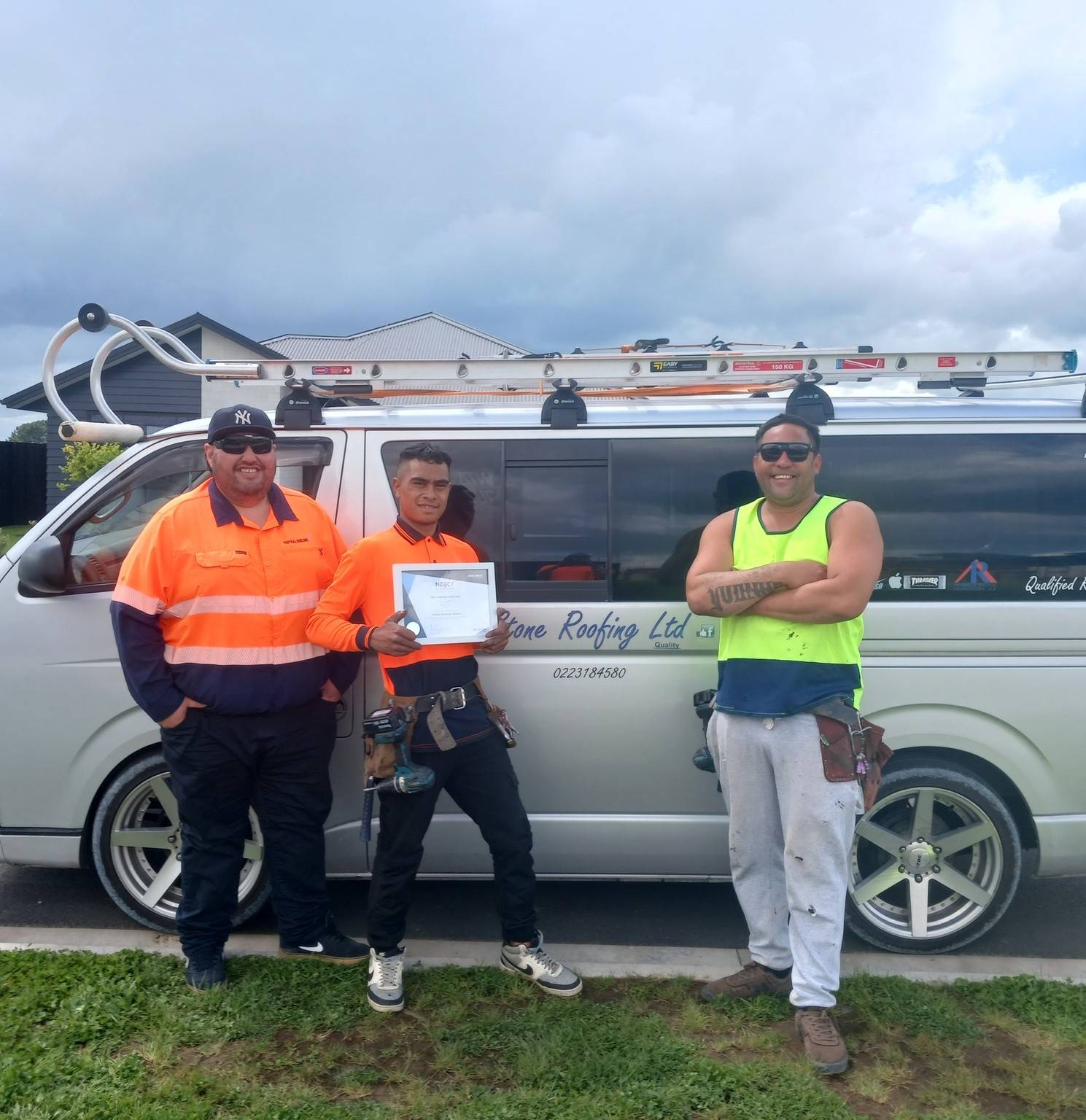In the world of vocational training, the focus is often on qualifications. And while a tohu is important—a formal marker of achievement—it’s not the only thing that matters. What truly transforms an apprentice’s journey isn’t just the training they receive. It’s the support they feel, the people who walk alongside them, and the systems that uphold—not hinder—their success.
At our organisation, we take a people-first approach to apprenticeship delivery. We don’t see pastoral care as an add-on. It’s foundational. Our Training Advisors (TAs) are skilled in recognising the different needs of our learners—whether they’re school leavers finding their feet in the workforce or experienced workers formalising decades of hands-on experience.
Some apprentices need a bit more time, more check-ins, more gentle nudges. Others want space to get on with the job. Our TAs know how to read the room, how to engage with employers, and how to navigate the life stuff that often sits just outside the training plan. It’s not always in the job description, but it’s essential to completion.
We’ve built in tools to help us do this well. One of our most effective systems is a simple, anonymised monthly wellbeing text. It gives our learners an easy, private way to say, “I’m not doing so great.” In a world of inboxes and performance pressure, that small text can be a lifeline. It lets us respond early, gently, and with mana.
We also partner with Vitae to provide access to counselling services and are currently exploring how we can incorporate rongoā Māori as another pathway to support. Not every learner wants to talk things through in a conventional setting. Sometimes healing and support looks different, and we respect that.
Our commitment to the Code of Good Practice for New Zealand Apprenticeships isn’t about compliance—it’s about consistency. We recently reviewed and rebuilt our training agreements to ensure they meet the Code. We’ve removed ambiguity and added structure, so every learner and employer knows what they’re signing on for. Before or during their first block course, every apprentice receives a short induction on their rights and responsibilities. Employers get the same clarity. We don’t make assumptions—we make sure the kaupapa is understood.
We also work hard to promote apprenticeship pathways in a way that’s grounded and real. We hold orientation and discovery evenings for prospective apprentices, whānau, and employers. We speak at industry events, contribute to association newsletters, and work closely with schools, iwi, and MSD to raise awareness and open doors. For us, it’s not about selling a dream—it’s about setting people up for success.
Apprenticeships change lives. I’ve seen men and women in their 50s—people who’ve been in the trade for decades—finally getting the opportunity to formalise what they’ve known for years. Our oldest apprentice is 57. That’s something to be proud of.
And employers benefit too. Supporting an apprentice shows that you value your people. It builds a strong, capable workforce and reinforces your commitment to quality and sustainability. Apprenticeships aren’t just about filling a skills gap—they’re about investing in potential.
While we don’t formally broker apprentices into employment, we support our employers to grow confident, qualified kaimahi. If a learner is ready to start, our TAs walk them through the process—from paperwork to expectations—making it as smooth and mana-enhancing as possible.
At the end of the day, it’s simple: apprenticeships are about more than just gaining a qualification. They’re about confidence. Growth. Whakapapa. They’re about the people behind the paperwork—and how we show up for them at every stage.
We don’t always get it perfect. But we lead with care, act with integrity, and try to honour the journey. And in this space, that matters.
Ngā mihi to all those doing the hard work behind the scenes—TAs, employers, support teams, and the apprentices themselves. Your efforts make the difference.
Real Training that Saves Lives.
Contact us to learn more.
